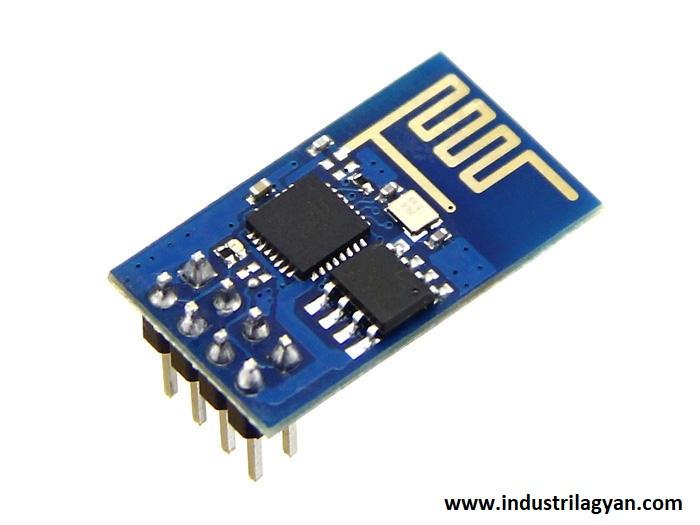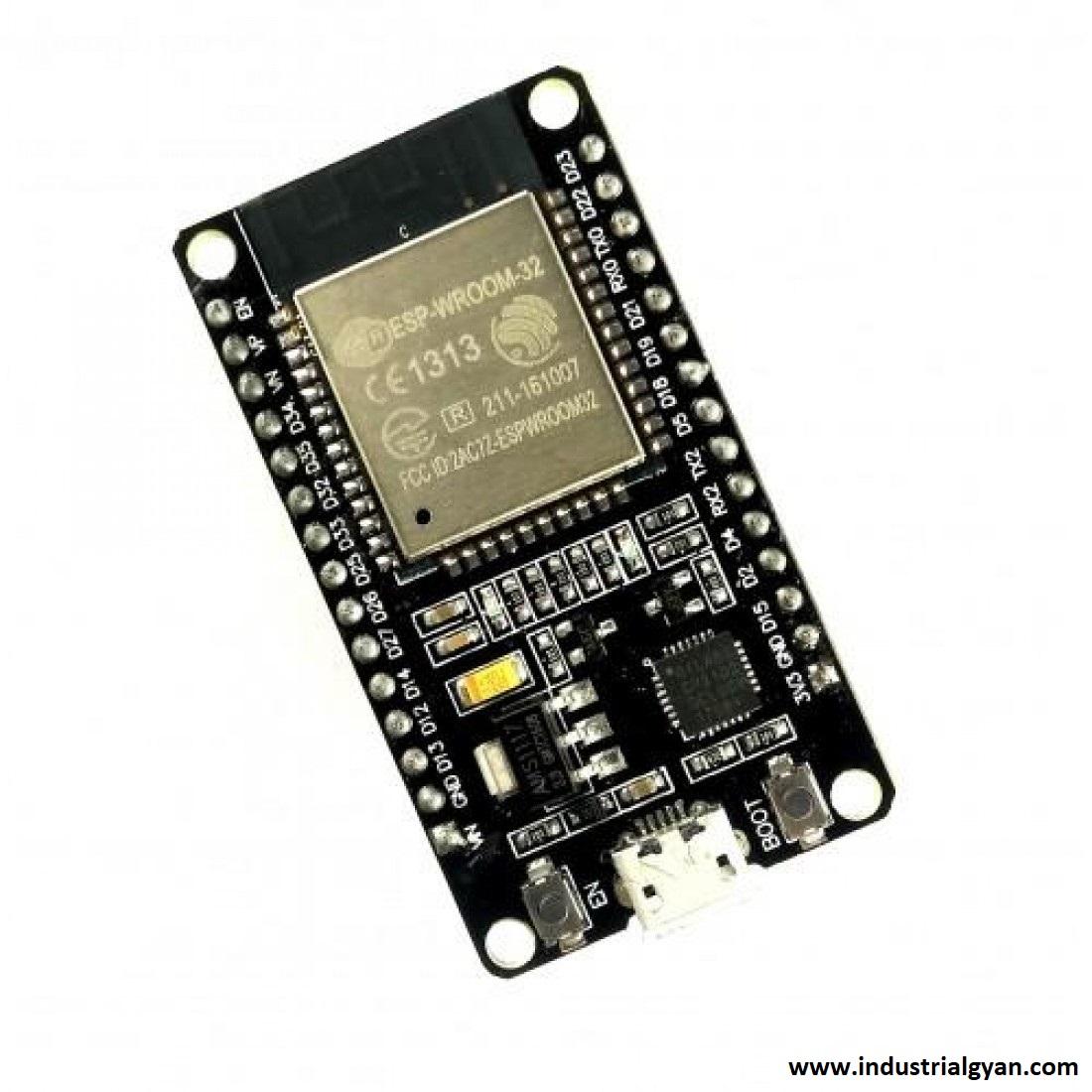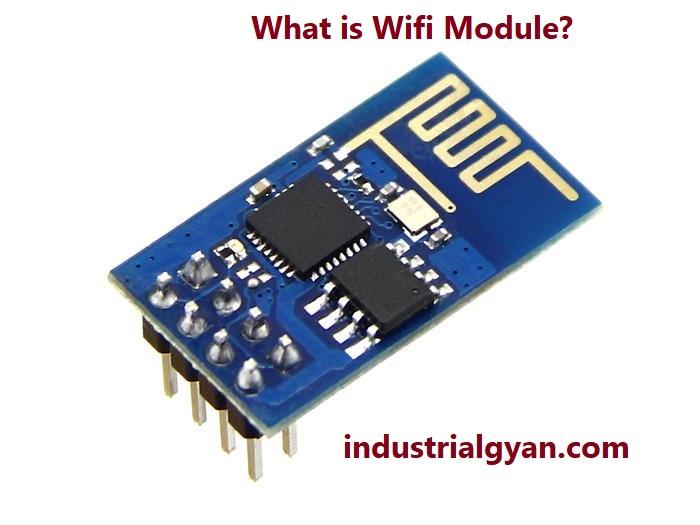A “wifi module” is very compact electronic hardware. basically, It is used to allow to connect the wireless network to communicate with other devices or the internet. It is typically wireless modules including a wireless receiver and firmware handle communications of protocols and data transmission.
What are wifi modules?
People mostly use a wifi module designed to support a wide range of application network protocols for industrial and commercial purposes. It is a compact electronics semiconductor chip is allow to enables a wireless network, and framework with the help of handling firmware communications of protocols and data transmission.
Many companies offer various types of wifi modules that are based on applications and provide low-cost, highly effective high-speed network connectivity with high-security features, mesh networking, and data encryption technology.
Some most popular wifi modules are ESP8266, ESP32, and Broadcom.
Types of the wifi modules
Here are some most popular wifi modules are
- ESP8266: It is highly efficient and the most popular wifi module used in IoT applications because of its highly affordable, reliable, compact size, and built-in controller.

ESP8266
- ESP32: This is the most advanced version of ESP8266. and offering advanced features like inbuild Bluetooth and low power mode (More power efficient).

ESP32
- Broadcom: This is the leading wifi manufactures and offers a wide range of features with technology features also offer different varieties and capabilities.
- TI CC 3000:It is ideally used as a battery for low-powered mode-capable devices.
- Wipy: It is a module based on the python programming languages operated wifi modules. Making it easy to develop and easy to deploy in IoT applications.
- RN171:People mostly use a wifi module designed to support a wide range of application network protocols for industrial and commercial purposes.
Working on the wifi modules
Here are two main components of the wifi modules are mentioned below:-
- Hardware: In the wifi modules are consists of three parts in hardware are transceiver, antenna, and other various components support. The wireless transceiver for transmitting and receiving the data over the wireless network connectivity. meanwhile. The antenna helps in receiving and sending radio wave signals. Companies design different types of wifi modules for various wifi applications. Industrial and commercial users prefer wifi modules that support a wide range of application network protocols.
- Software: It establishes the firmware are handle the data transmission, and network protocols enable the data sender and receiver in a very effective manner. The firmware is responsible for easy data exchange with maintaining safety data protocols without any errors and other network-related tasks.
Applications of the wifi modules:
People usually use wifi modules in a wide range of applications as mentioned below:
- Home automation: People use it to enable network accessibility for smart home automation devices such as lightning systems, smart sensors, and security cameras.
- Internet of Things (IoT): Wifi modules are used inside IoT devices. To enable the internet connectivity of these devices to connect other wearable devices, industrial devices, and smart devices.
- Robotics: It helps in enabling the wireless network connectivity robot to the other control communications connectivity devices to the other devices.
- Medical devices: Used in smart devices to share the patient data history review by a medical professional. It helps in remote monitoring and telemedicine applications. For more information click here about the automation Pipe earthing diagram
FAQ about wifi modules:-
- What are different wifi modules?
There are many types of the wifi modules are:
- ESP3286
- ESP32
- Broadcom
- What are the advantages of the wifi modules?
Various wifi applications have different types of wifi modules designed for them. Industrial and commercial users mainly use wifi modules that support a wide range of application network protocols.

I am a highly motivated and skilled individual with a passion for Electrical engineering. I have 1 year of experience in Robotics and Electrical engineering, which has allowed me to develop a strong set of skills in PLC, Painting Robots, SCADA. I am a quick learner and am always looking for new challenges and opportunities to expand my knowledge and skills. I am a team player and enjoy working with others to achieve a common goal. Successfully completed many projects for a various clients in the automobile sector.
Thank You

